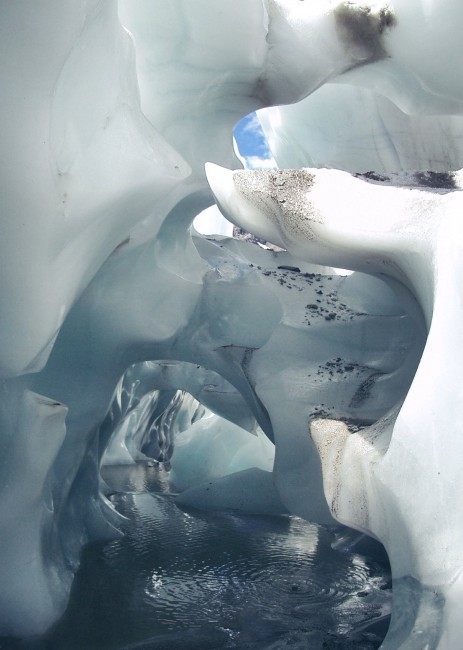Studying Communication of Science at Vanderbilt
Do you have a constant craving to learn more about the world? Are you passionate about sharing other people’s stories? Do you like science and communication?
Then Vanderbilt has the major for you: Communication of Science & Technology. I’ve linked to the fact sheet here, because the major/minor website is currently outdated. If you’re at all interested in science communication—whether that’s writing articles, making short documentaries, or recording podcasts—I would highly recommend CSET 201 with Stephen Ornes, an independent writer based in Nashville. He’s written articles such as:
- Can an equation be a poem? — because April is Mathematics Awareness Month and National Poetry Month.
- Supersized viruses — because herpes.
- Saving vanishing ‘tongues’ — because Ong uyan madongo?
The course is an introduction to science communication: C is for Communication, S is for Science, E is for Engineering, and T is for Technology. I took it this past semester, and it was my favorite of all the classes I’ve taken in college. I enjoyed it for a number of reasons: I made friends with similar interests, I learned valuable tools and techniques, and I created a portfolio of science-writing samples. Overall, I was actually doing what I want to do when I graduate. I spoke with researchers, transcribed interviews, snapped photographs, pored over journal articles, and edited posts for my very own science blog, NEWTONÆ. We write about science in order to tell stories about what people are doing; science, as my professor says, is a human endeavor.

When I was writing a feature article on glaciers, one of the researchers whom I interviewed sent me this picture from the field!
As a result of the class, my interest in earth and environmental science grew deeper. The concepts I learned in the introductory geology class in which I was concurrently enrolled became sharper and more meaningful. Next semester, I’m taking courses that bridge science and communication: environmental philosophy, investigative climate-change journalism, public speaking. The entire major is this kind of blend of science (or engineering, if that’s your thing) and communication classes. It’s a beautiful marriage.
Fortunately for us CSET majors, Vanderbilt is a “very high research” university, with lots of science to communicate. Next semester I’ll be working on an independent-study project with another sophomore major, Reeser. We’ll be creating fundraising materials for a medical researcher at Vanderbilt so that he can increase funding from private donors.
The obvious question is, What do you do with a CSET degree? It’s not as self-evident as something like economics, political science, or biology. Well, possibilities after graduating with a degree in Communication of Science include writing articles for a magazine or an online news outlet, or working the communications/PR department of a science-based organization like the National Academy of Sciences. At least, that’s what I want to do. The major combines well with science and engineering majors, and even pre-med classes, and this inherent flexibility means there are almost unlimited options. You really can’t go wrong with CSET.
In the meantime, the internship opportunities are also abundant. I’m specifically looking to internships with the National Park Service and Brookhaven National Laboratory, not to mention others that I will most likely not receive (just being realistic—it’s hard for sophomores to compete with grad students).
Take-Aways: If you’re interested in the program, email Dr. David Weintraub, the program chair, and sign yourself up for CSET 201 with Prof. Ornes!